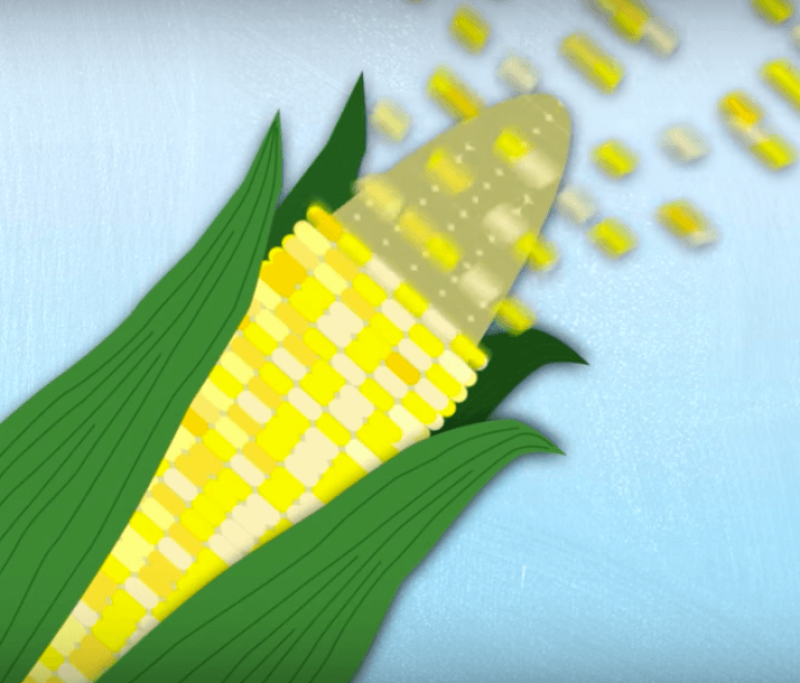Just because plants photosynthesize doesn’t mean they can’t get a form of sunburn—damage caused by overexposure to light. That’s why all plants rely on a mechanism that defends against excessively bright sunlight by converting photons into harmless heat. But like someone who is slow to doff their sunglasses indoors, this botanical sun shield is slow to turn off when a shadow passes over a leaf. The result: Photosynthesis stays depressed.
Now, plant biologists seeking improved photosynthesis—and, ultimately, more bountiful crops—have cleverly manipulated plants to adjust more quickly to shade. Genetically engineered into tobacco plants, the faster response yielded up to a 20% increase in biomass. The proof-of-concept study, which appears … in Science, is “ground-breaking” and the first convincing field trial in the hot area of engineering photosynthesis, says Robert Furbank, an integrative plant biologist at the Australian National University in Canberra.
…
[B]oosting photosynthesis could help researchers answer critics of plant biotechnology who complain that genetically modified plants have not boosted harvests, says Dario Leister, a plant molecular biologist at Ludwig-Maximilian University of Munich in Germany…
The GLP aggregated and excerpted this blog/article to reflect the diversity of news, opinion and analysis. Read full, original post: How turning off a plant’s sunshield can grow bigger crops































